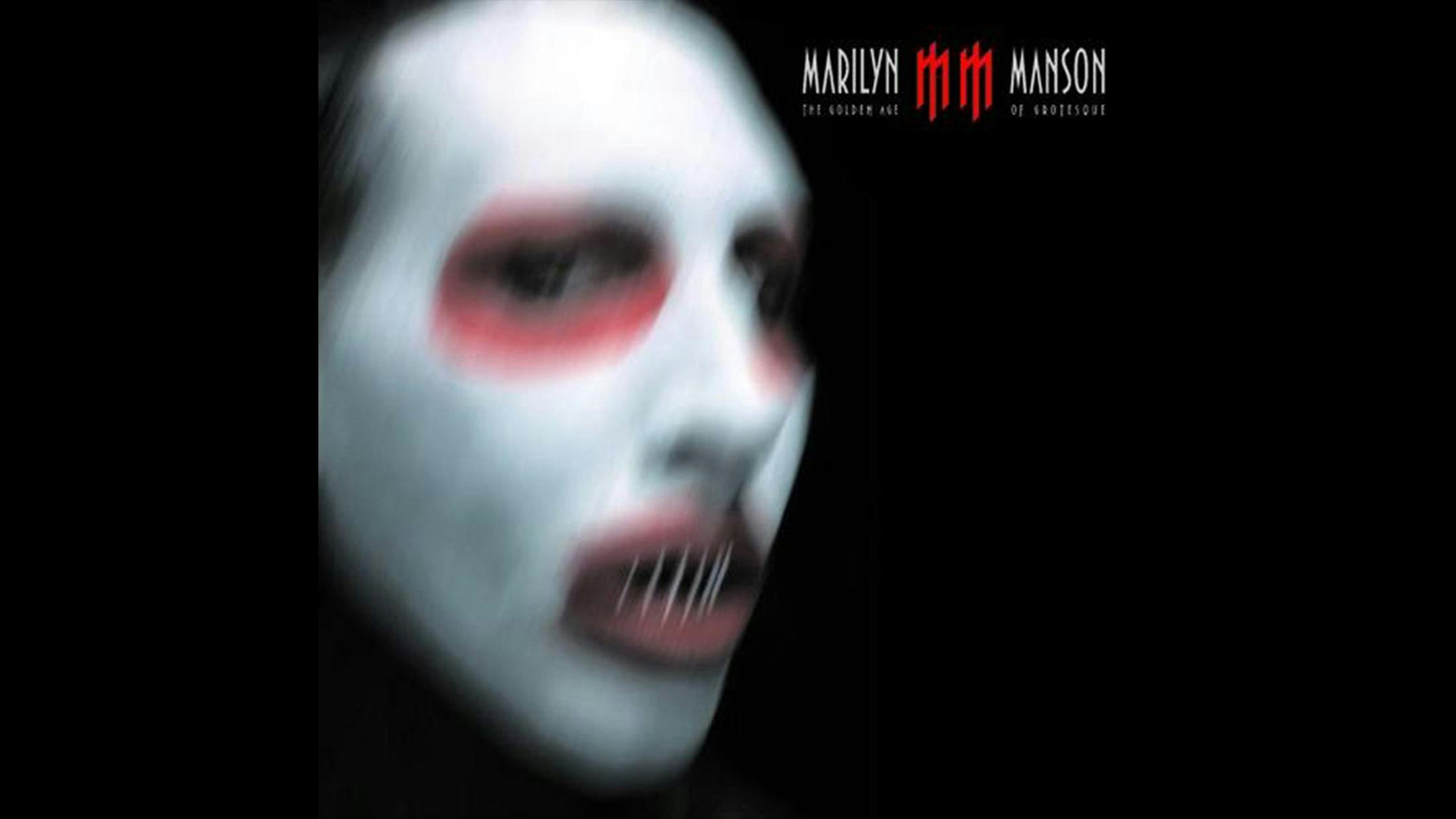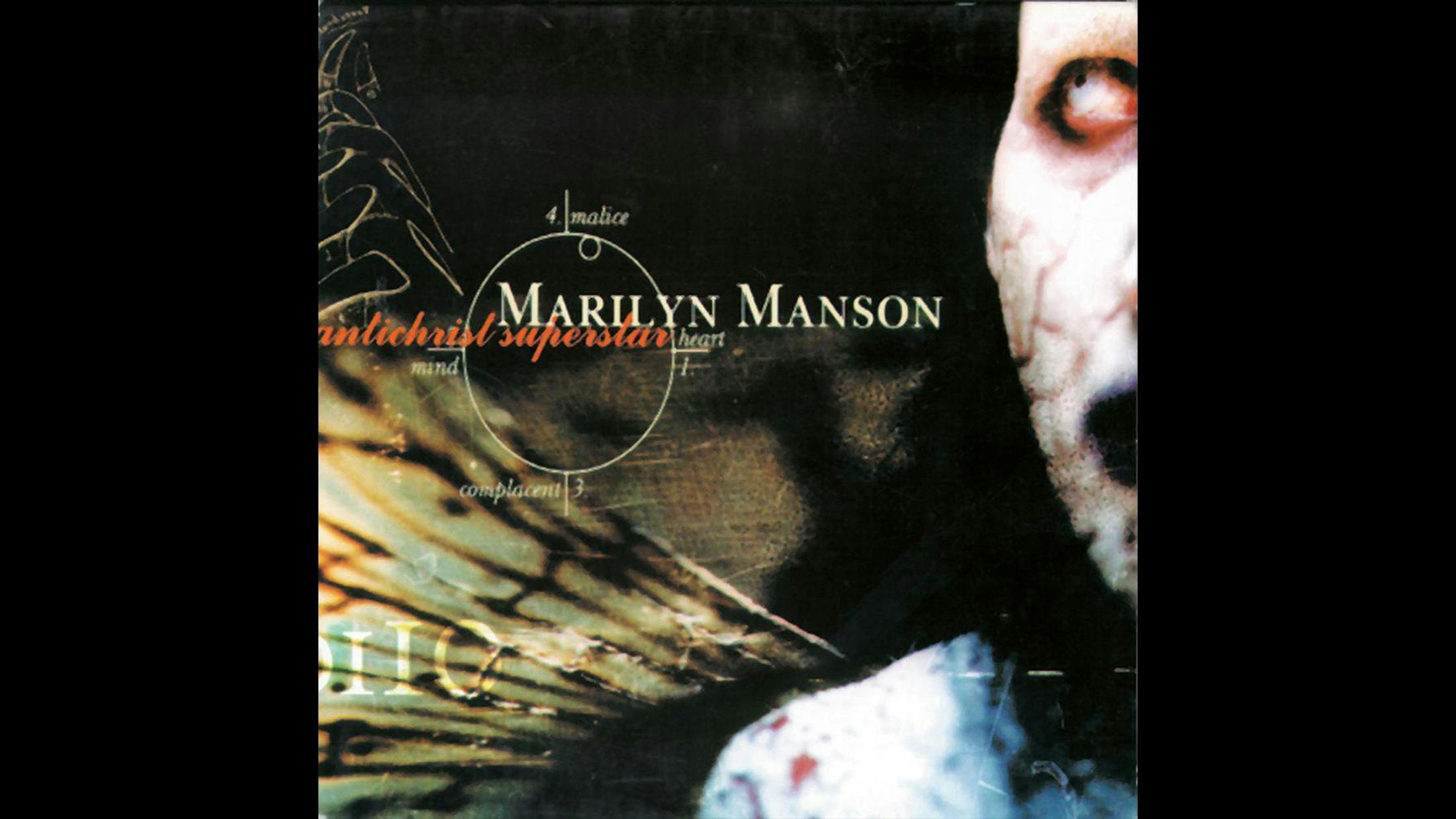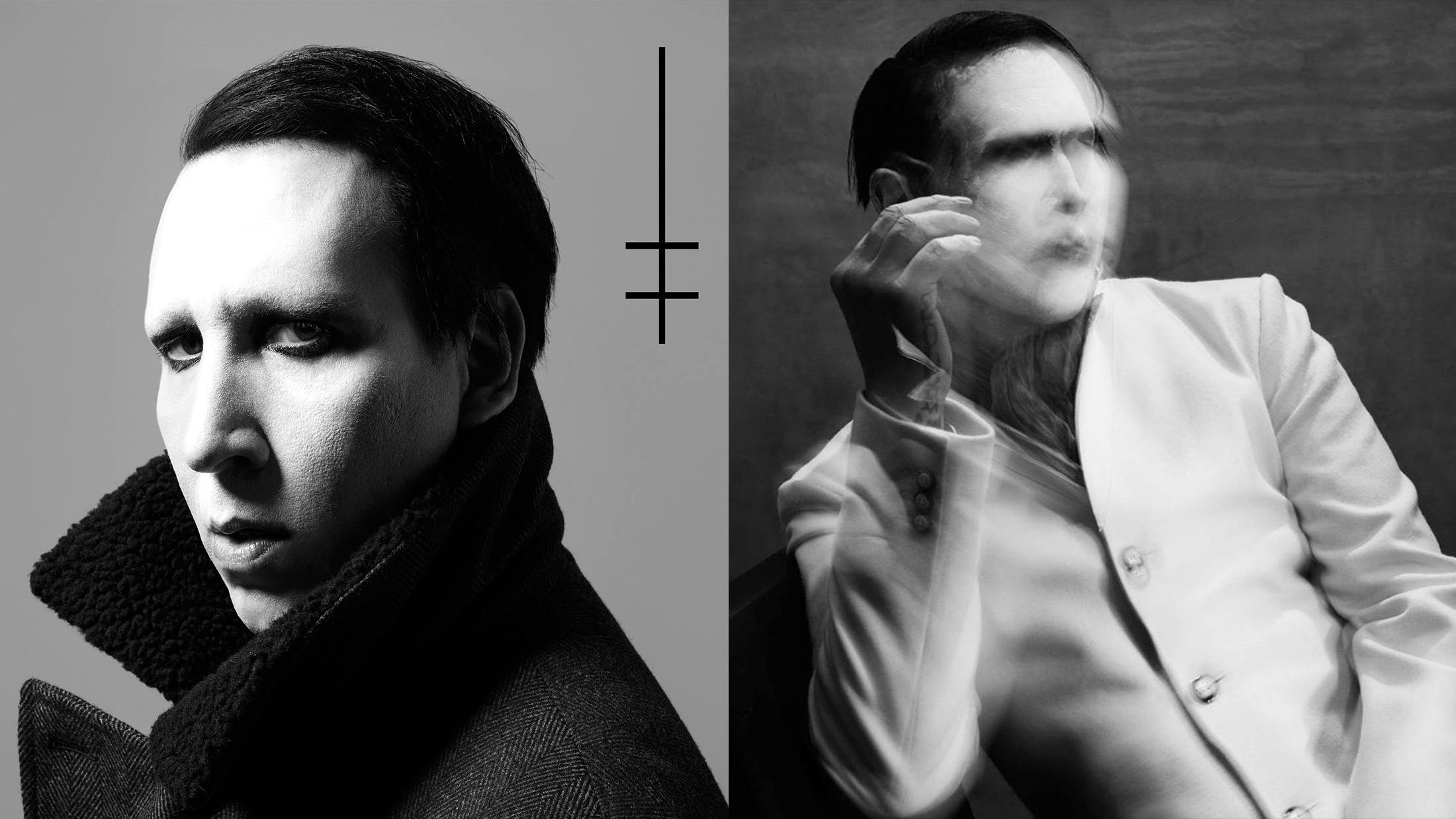Marilyn Manson Ranks His Own Albums (original) (raw)
January 4, 2018
Words:
Paul Brannigan
It's cruel admittedly, but it's also really, really interesting when we ask artists to put their records in order of their favourite to least favourite. And when it's a catalogue as deep and diverse as Marilyn Manson's is, well, it's just too good an opportunity to pass up. Agree with the order? Strongly disagree? Well, that's all part of the fun, isn't it?
![“I hate you for making me do this, but I’ll rank these albums on an emotional scale,” says Manson. “And this is the most important record, in my heart, maybe because it came straight after Columbine [the 1999 U.S. high school shooting, which sections of the media suggested Manson’s music had inspired]. It’s not my most personal or confessional record, but maybe in some ways it is because I was talking about all the things in my head.”](https://images.kerrangcdn.com/images/Holywood-copy.jpg?auto=compress&fit=max&w=3840)
“I hate you for making me do this, but I’ll rank these albums on an emotional scale,” says Manson. “And this is the most important record, in my heart, maybe because it came straight after Columbine [the 1999 U.S. high school shooting, which sections of the media suggested Manson’s music had inspired]. It’s not my most personal or confessional record, but maybe in some ways it is because I was talking about all the things in my head.”

Manson’s stylish, slick fifth album, partially inspired by burlesque, cabaret and vaudeville shows in 1920s Berlin. “This album is a snapshot of my favourite transition in life. It was while I was married and it was a very creative time for me. It was a time when I felt that I didn’t have to define myself simply by music – I had my first art show around this time – but I felt like I could be truly me.”

Manson’s revelatory breakthrough album, an elaborate rock opera. “People might think that this is the definitive Marilyn Manson record,” he acknowledges. “It was a tough time making it, though. New Orleans is a dark, sinister place. I remember Jonathan Davis from Korn came to stay with me there to get sober… bad idea. Objectively I can see that it’s an important album.”
![“I wrote this record when I went to Hollywood, and it was my introduction to the world of fame,” Manson explains. “But I wrote about that fame before I was famous, so it was more like an omen, or a portent of what was to come. I really like the way that this record sounds, though I hated it at the time, and [producer] Michael Beinhorn was a bit of a prick.”](https://images.kerrangcdn.com/images/mechanical-copy.jpg?auto=compress&fit=max&w=3840)
“I wrote this record when I went to Hollywood, and it was my introduction to the world of fame,” Manson explains. “But I wrote about that fame before I was famous, so it was more like an omen, or a portent of what was to come. I really like the way that this record sounds, though I hated it at the time, and [producer] Michael Beinhorn was a bit of a prick.”
![Manson admits that “this was written and recorded during a dark time in my life and it’s my most personal record, lyrically. But in some ways it’s my least favourite record, because of the emotional attachment that I have to it. I was going through my divorce [from model/actress/burlesque icon Dita Von Teese] at the time, so it’s hard record for me to revisit.”](https://images.kerrangcdn.com/images/eatme-copy.jpg?auto=compress&fit=max&w=3840)
Manson admits that “this was written and recorded during a dark time in my life and it’s my most personal record, lyrically. But in some ways it’s my least favourite record, because of the emotional attachment that I have to it. I was going through my divorce [from model/actress/burlesque icon Dita Von Teese] at the time, so it’s hard record for me to revisit.”
![“This was when I went insane, for real. I think I had a psychotic breakdown making this. Those pictures of the crazy writing on my walls? That wasn’t for a photo shoot, that was how I lived at the time. I think it’s a great record – it was the last great collaboration between Twiggy [Ramirez] and I – but it came at a bad point in my life. Four Rusted Horses and Devour are great songs, though.”](https://images.kerrangcdn.com/images/highend-copy.jpg?auto=compress&fit=max&w=3840)
“This was when I went insane, for real. I think I had a psychotic breakdown making this. Those pictures of the crazy writing on my walls? That wasn’t for a photo shoot, that was how I lived at the time. I think it’s a great record – it was the last great collaboration between Twiggy [Ramirez] and I – but it came at a bad point in my life. Four Rusted Horses and Devour are great songs, though.”
![“This was a really painfully tortuous record to make, a very troublesome collaboration,” Manson remembers of Born Villain’s creation. “Jeordie [aka Twiggy] wasn’t in a good place at the time, and although he played guitar on the record, I had to replay a lot of it. I learned how to play guitar just to do that, so one of my biggest memories of this is the blisters I had on my fucking fingers.”](https://images.kerrangcdn.com/images/villain-copy.jpg?auto=compress&fit=max&w=3840)
“This was a really painfully tortuous record to make, a very troublesome collaboration,” Manson remembers of Born Villain’s creation. “Jeordie [aka Twiggy] wasn’t in a good place at the time, and although he played guitar on the record, I had to replay a lot of it. I learned how to play guitar just to do that, so one of my biggest memories of this is the blisters I had on my fucking fingers.”
![“This is where it all began. For the longest time I didn’t think this album was as good as it could have been, but now when I listen to it, it sounds way better than I remember. We recorded part of this at the Sharon Tate house [10050 Cielo Drive in Los Angeles, where the Manson ‘Family’ murders were committed in 1969]. I won’t confirm that I had sex there with an ex-girlfriend.”](https://images.kerrangcdn.com/images/portrait-copy.jpg?auto=compress&fit=max&w=3840)
“This is where it all began. For the longest time I didn’t think this album was as good as it could have been, but now when I listen to it, it sounds way better than I remember. We recorded part of this at the Sharon Tate house [10050 Cielo Drive in Los Angeles, where the Manson ‘Family’ murders were committed in 1969]. I won’t confirm that I had sex there with an ex-girlfriend.”

“It’s too soon to compare these two records to anything else,” says Manson. “If I look at Eat Me…, High End Of Low and Born Villain, I was expressing myself emotionally, but I wasn’t who I wanted to be. Working with Tyler Bates has been a rebirth, and these two might be my favourite records. These two are a comeback for what I felt I wasn’t doing properly on those middle-period records.”